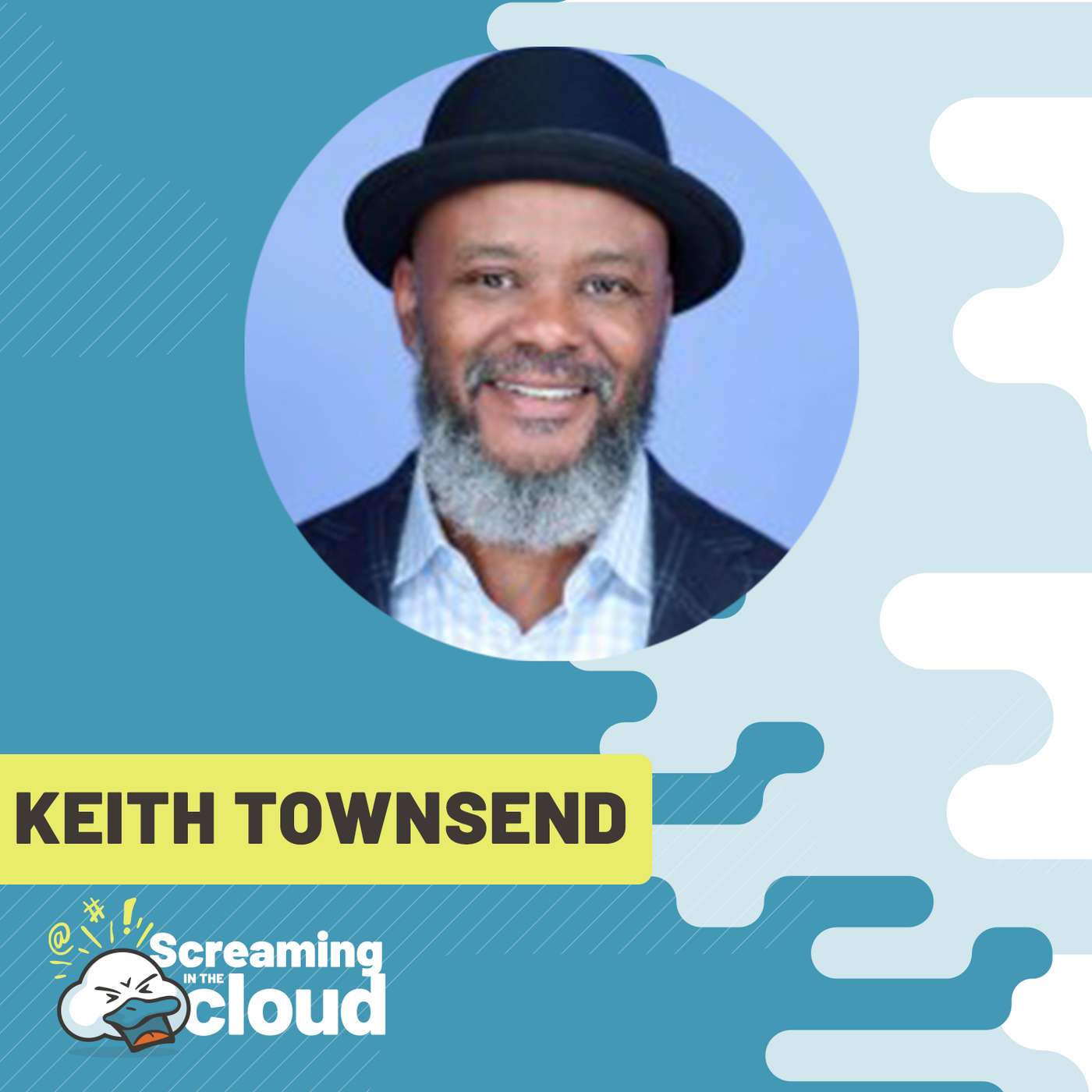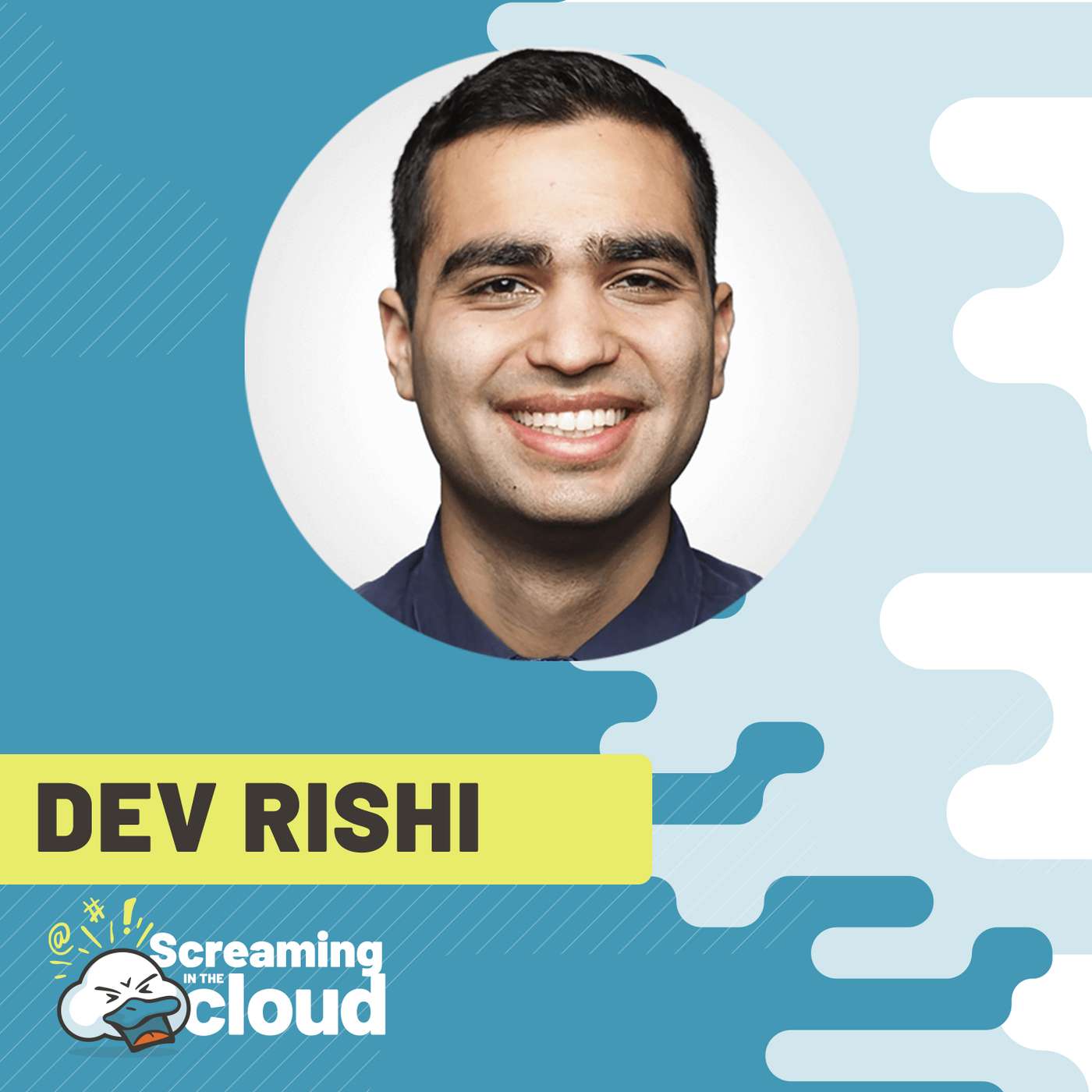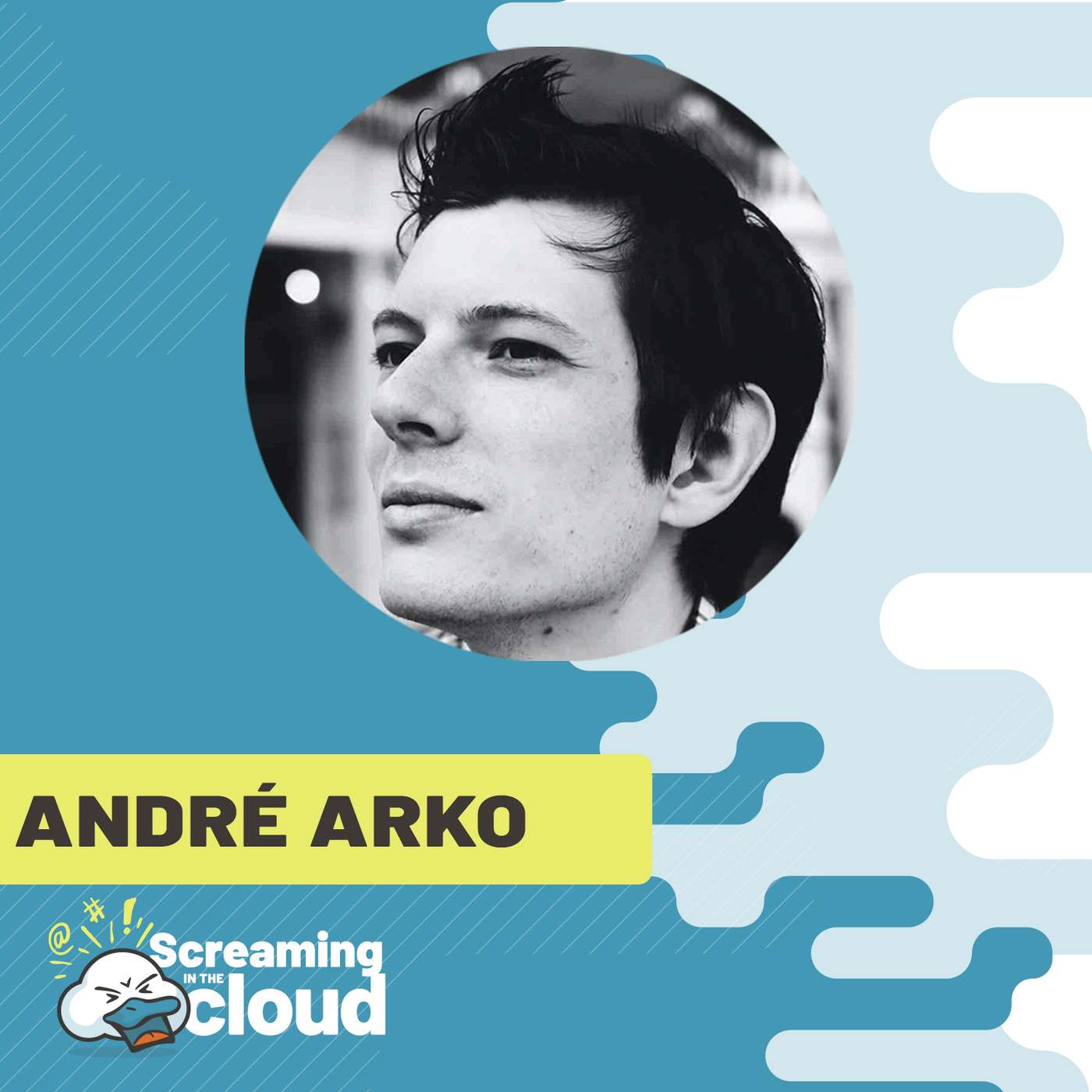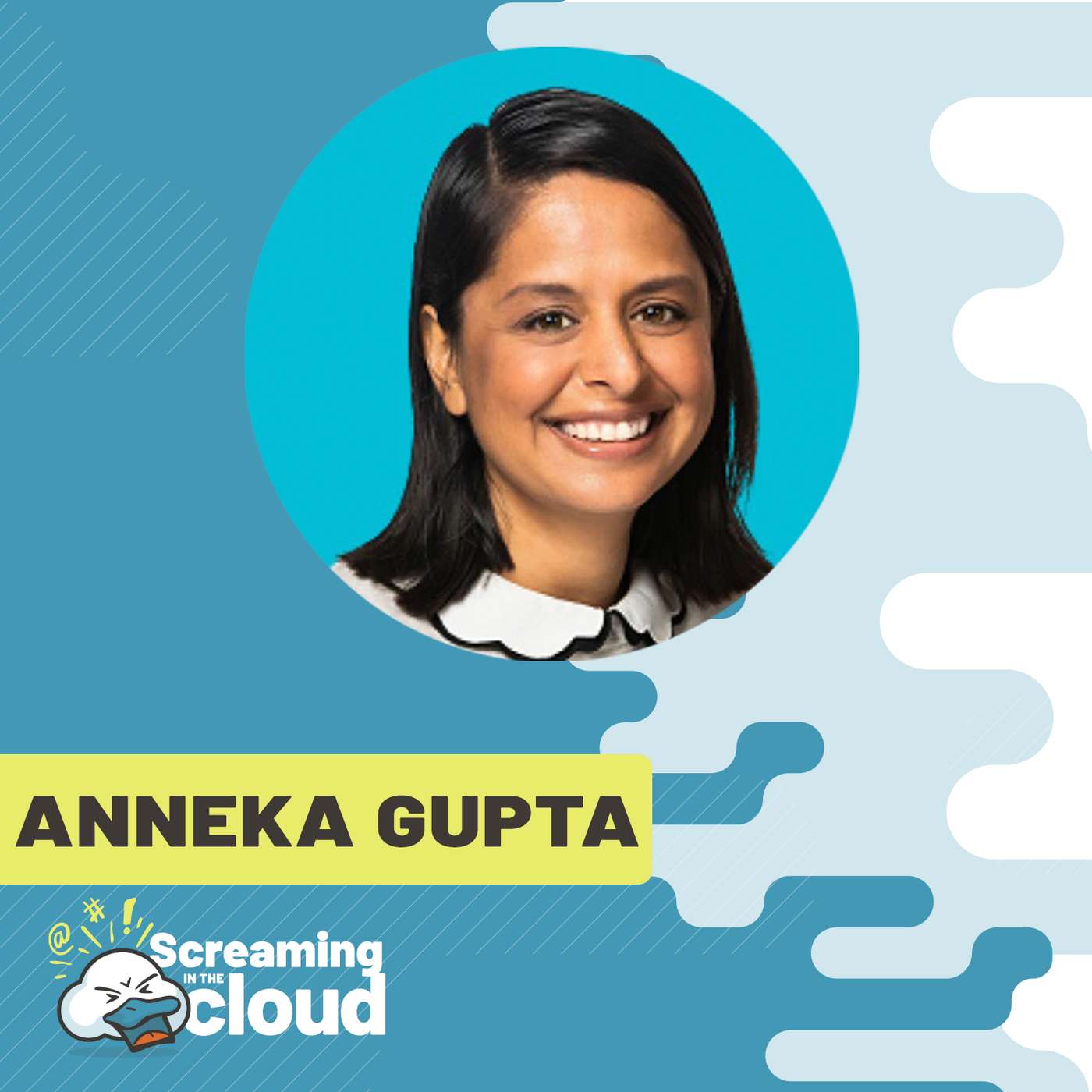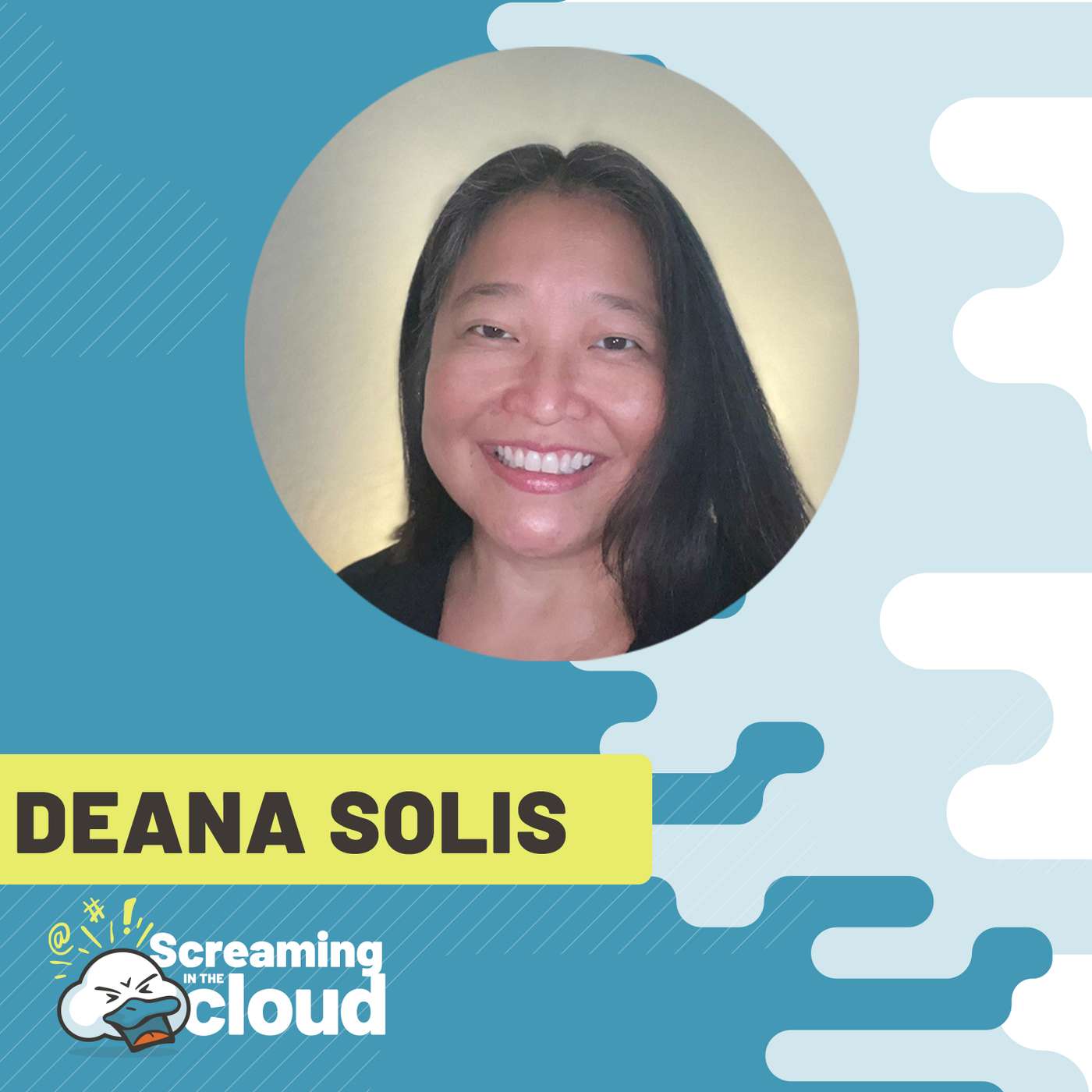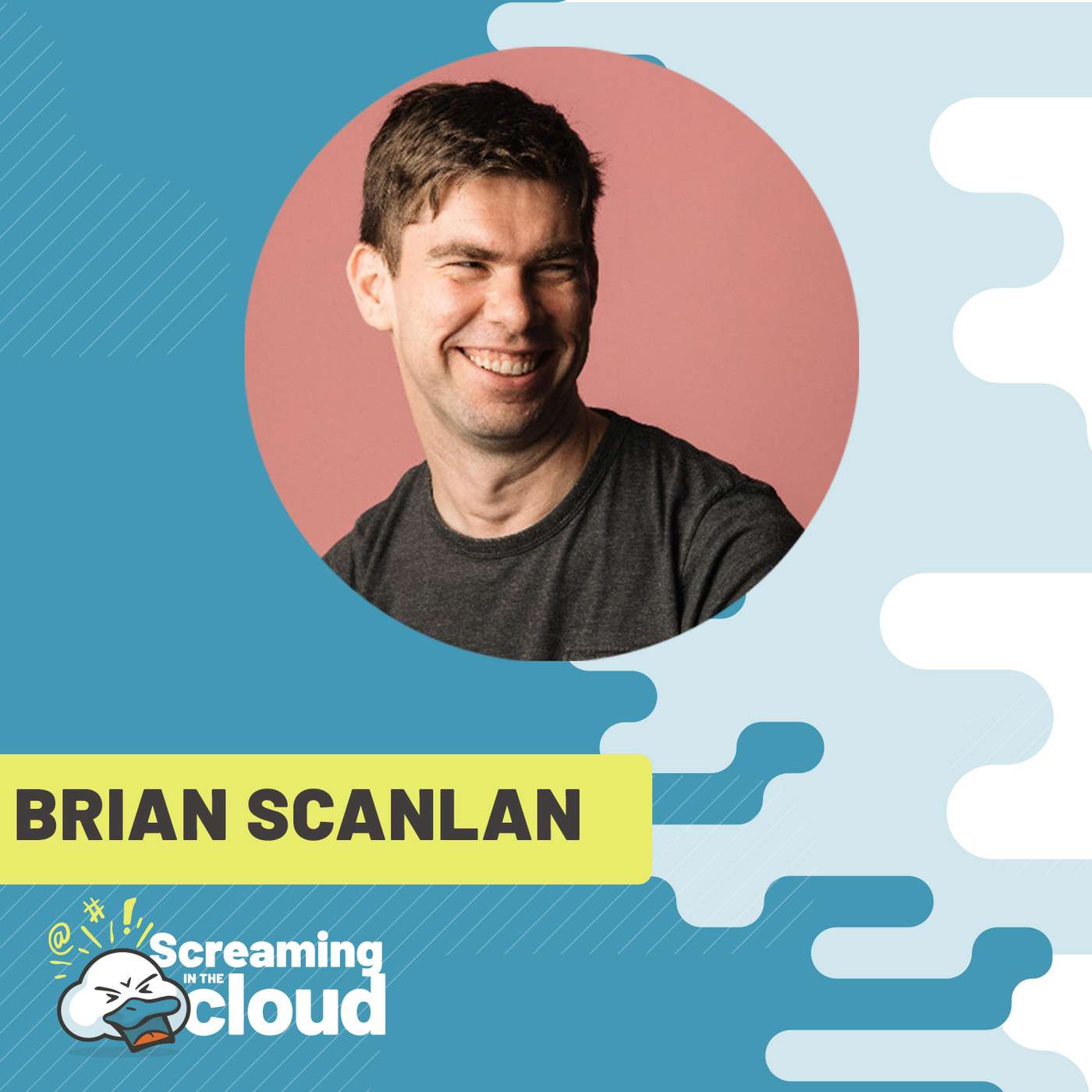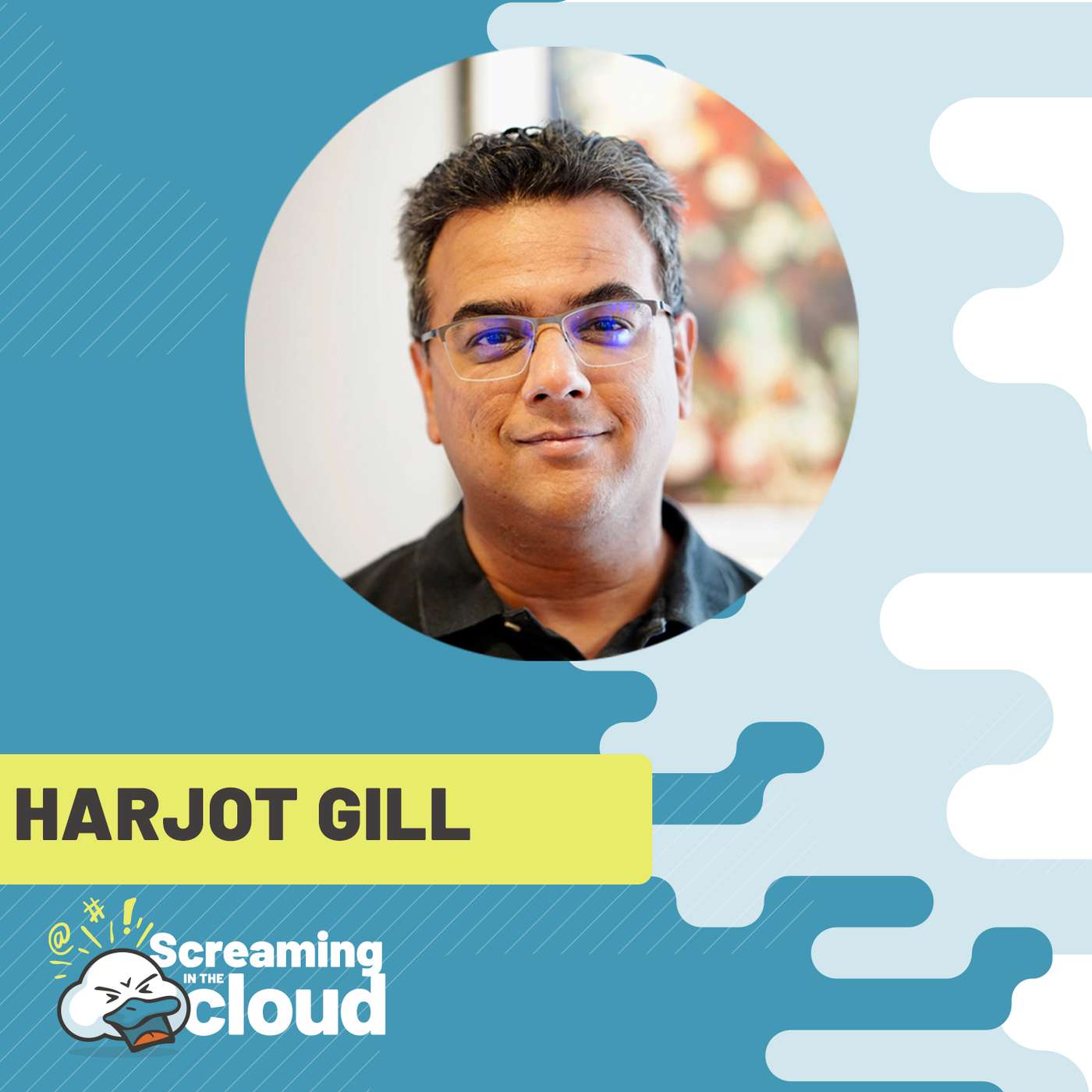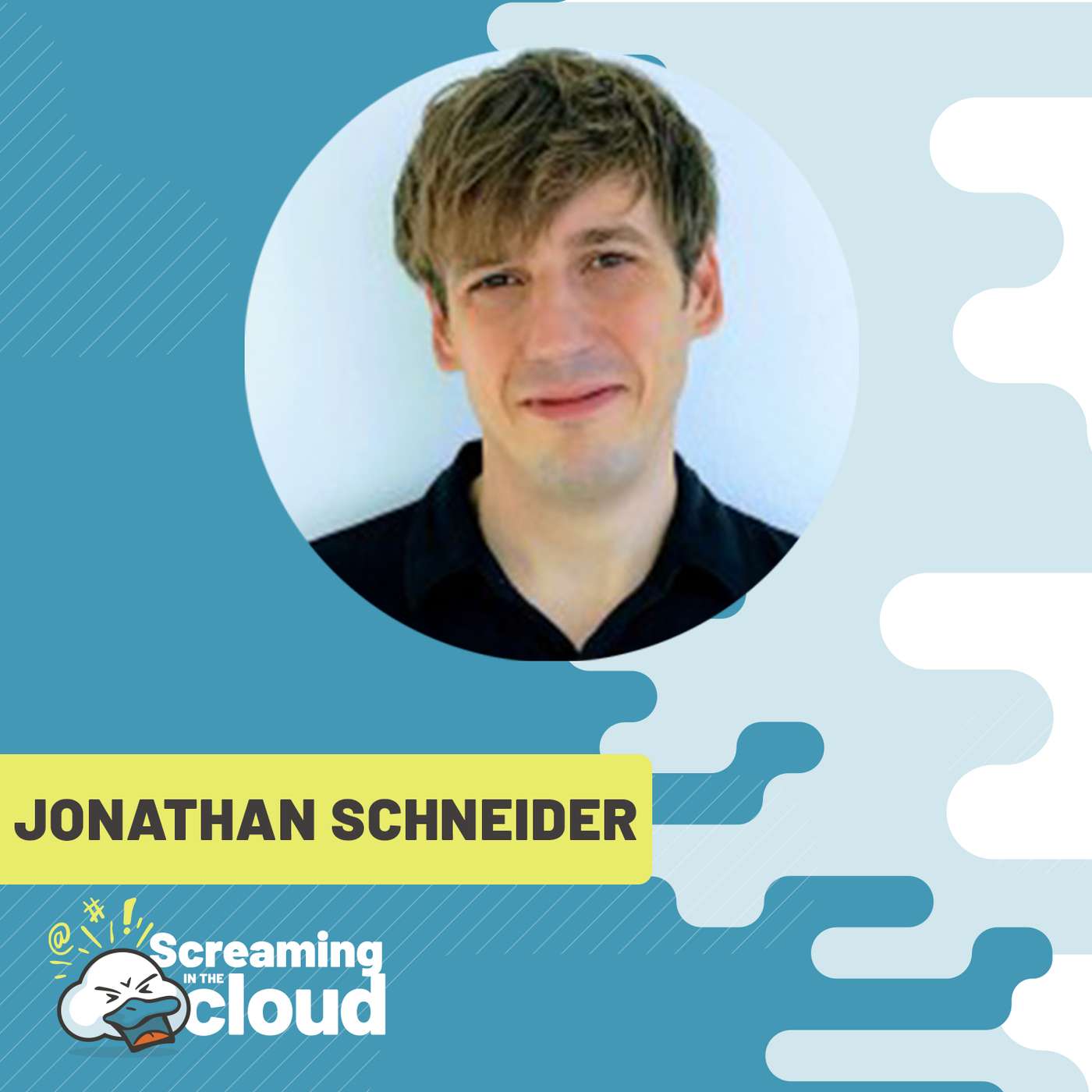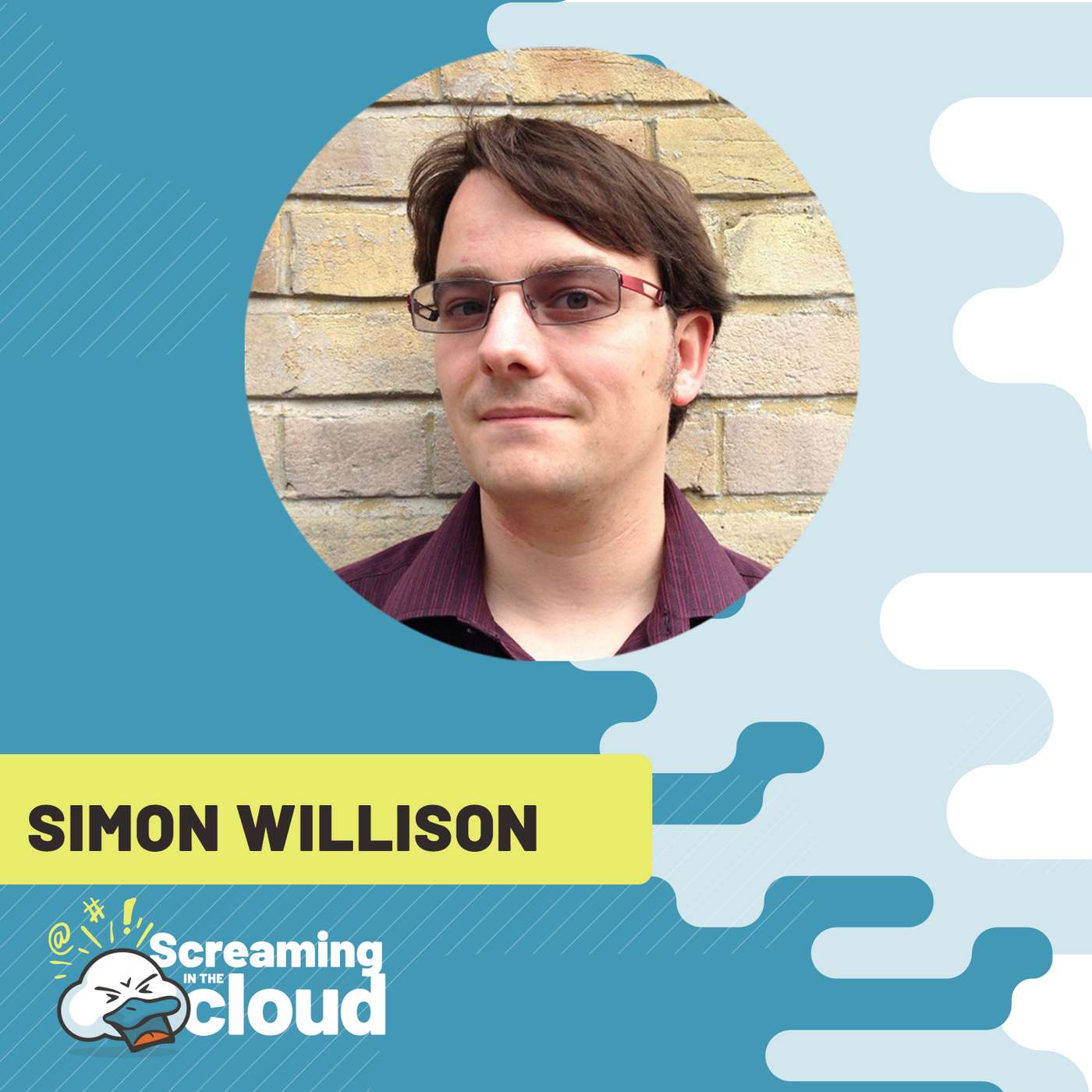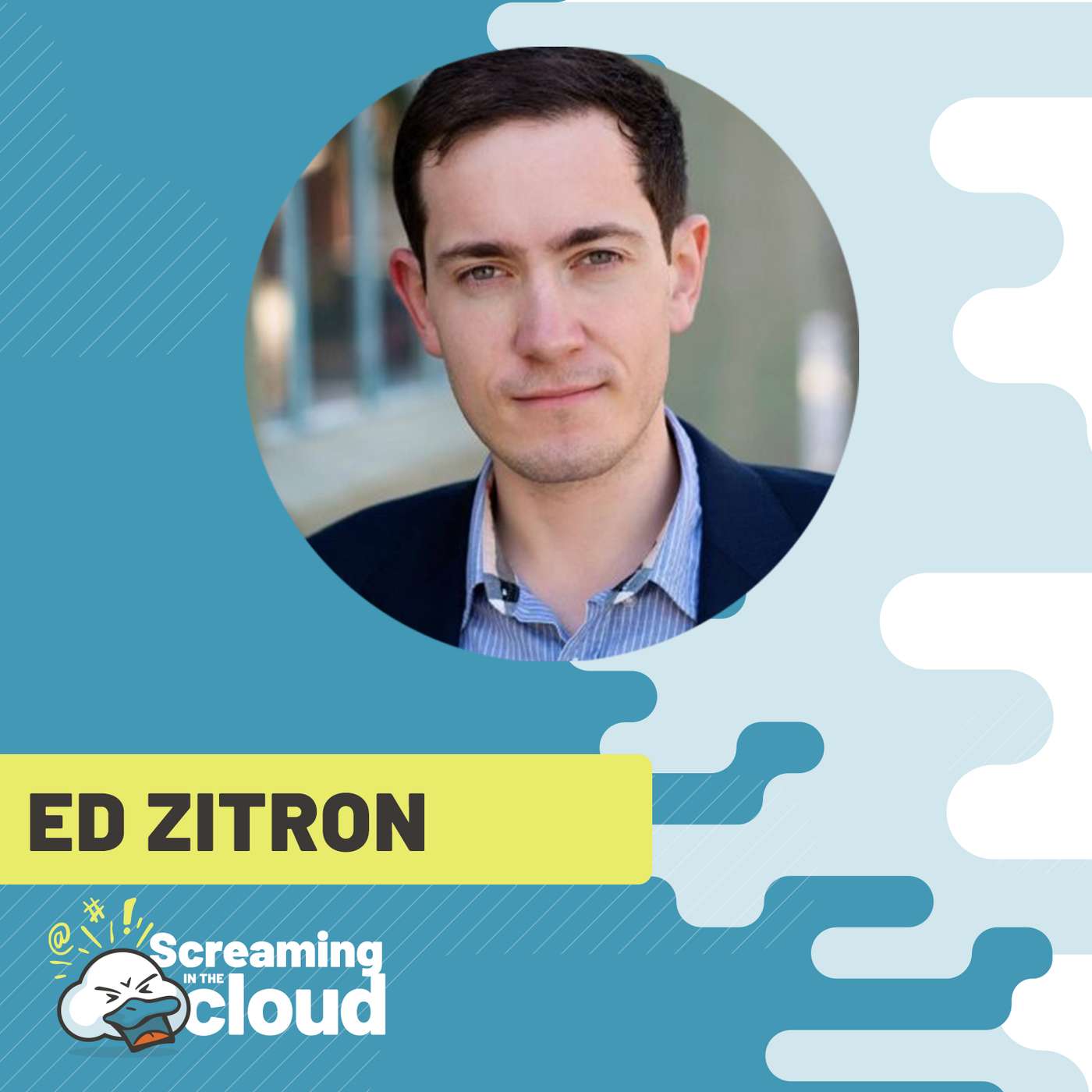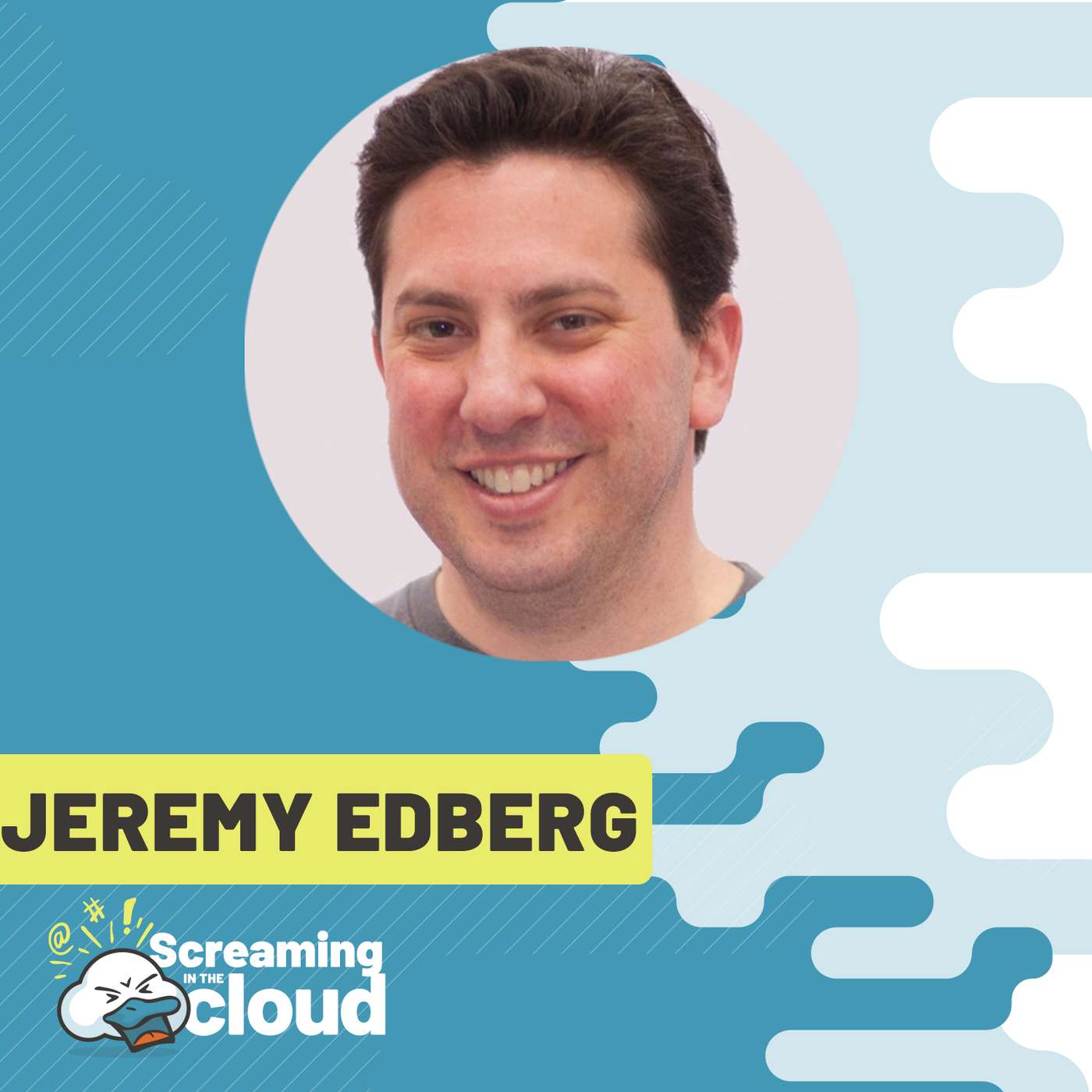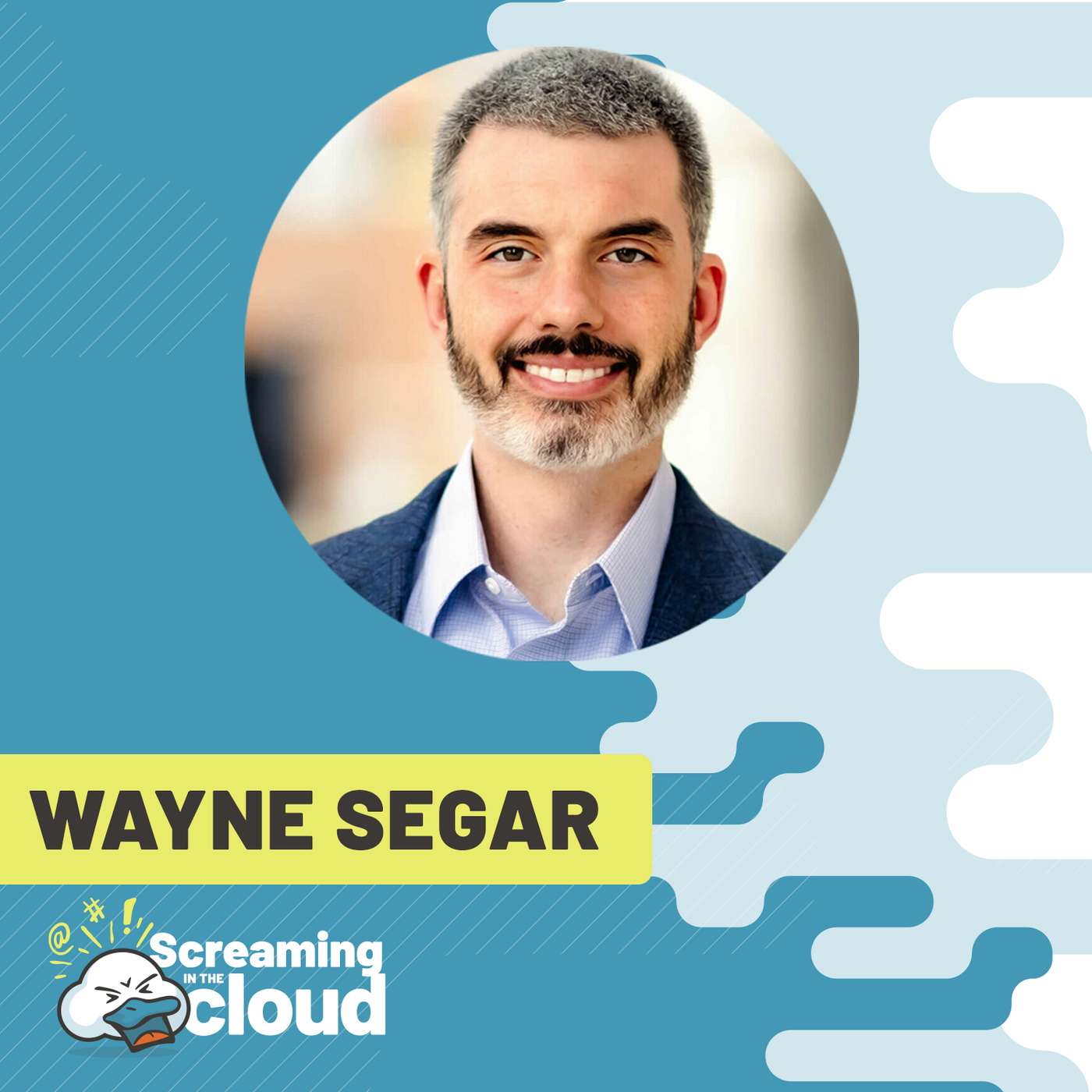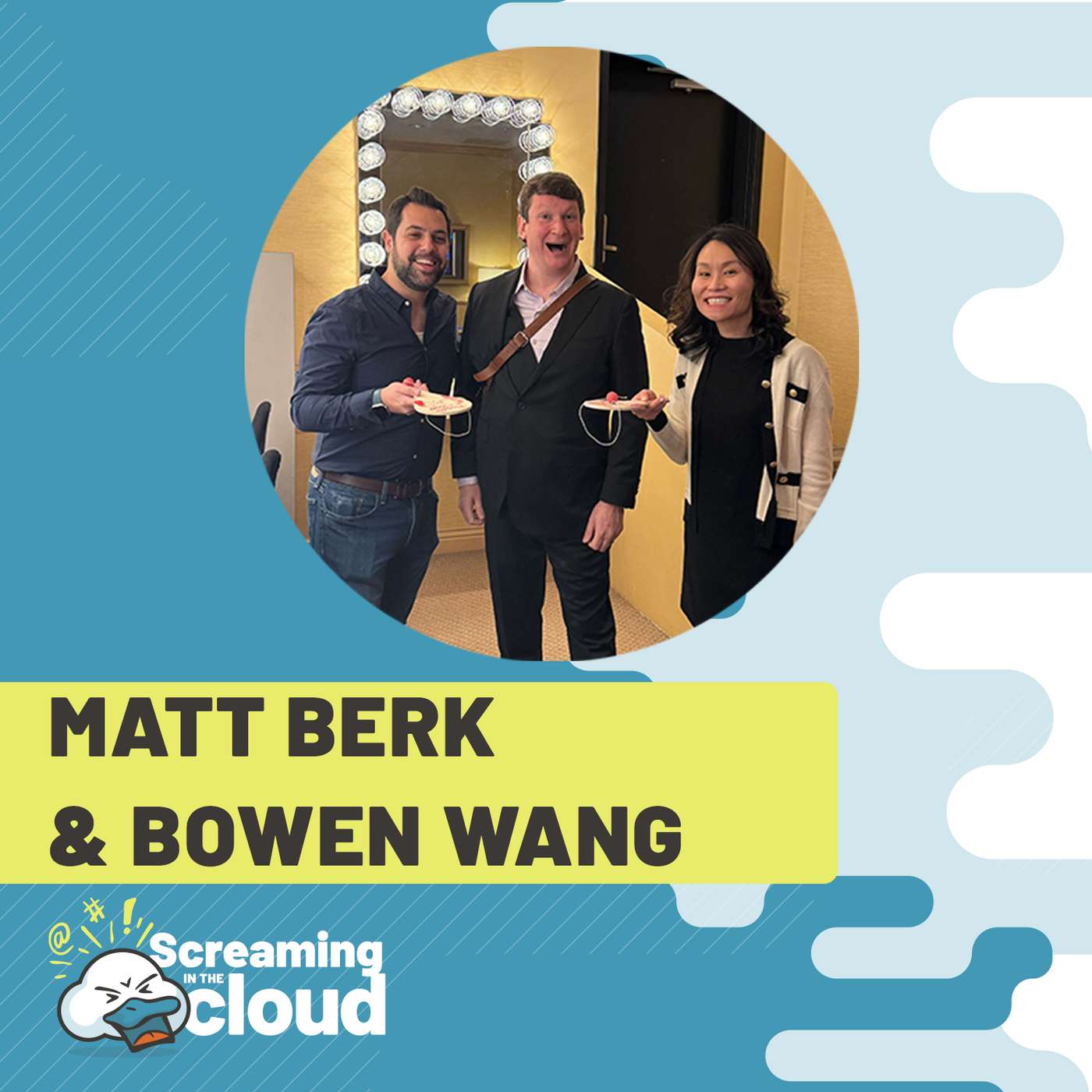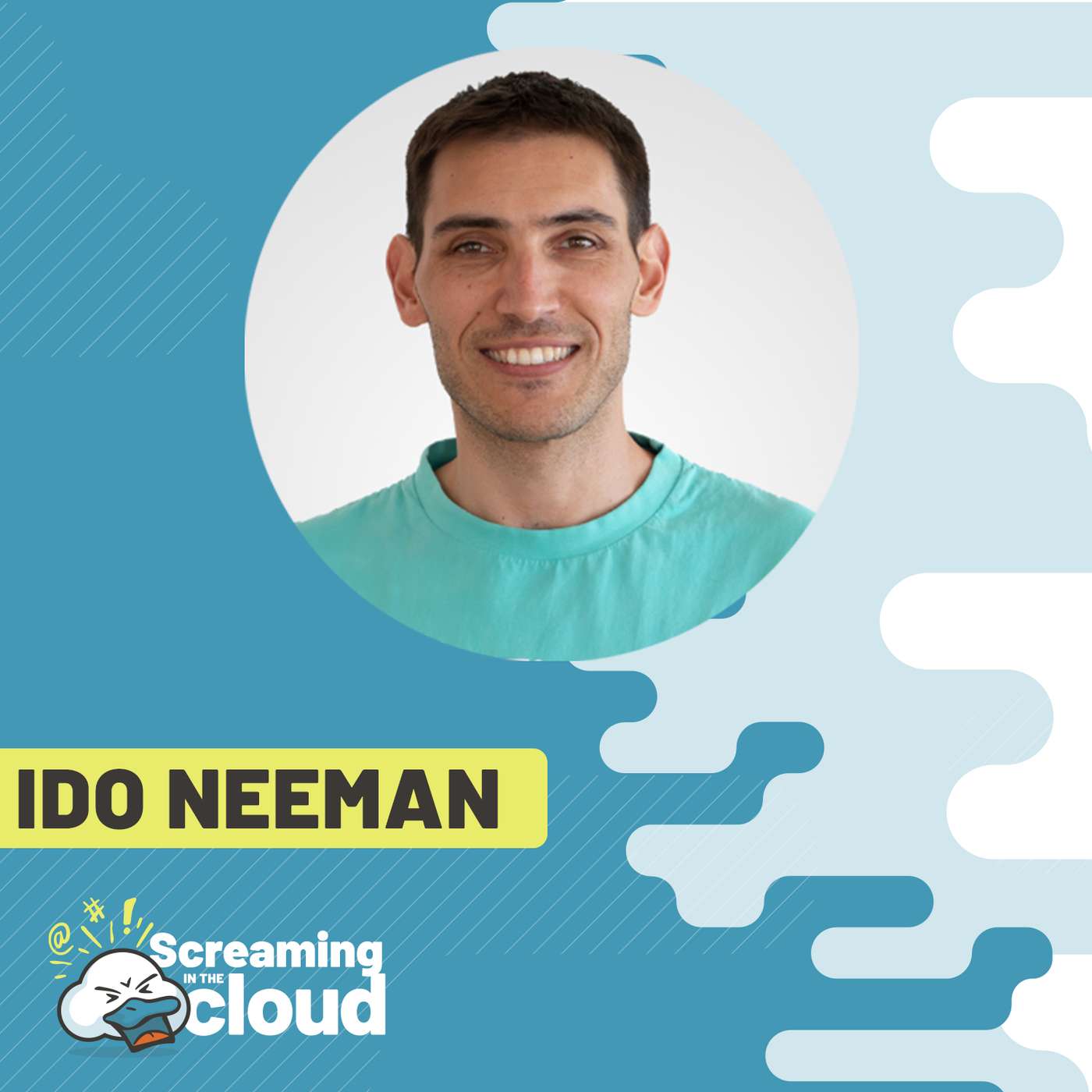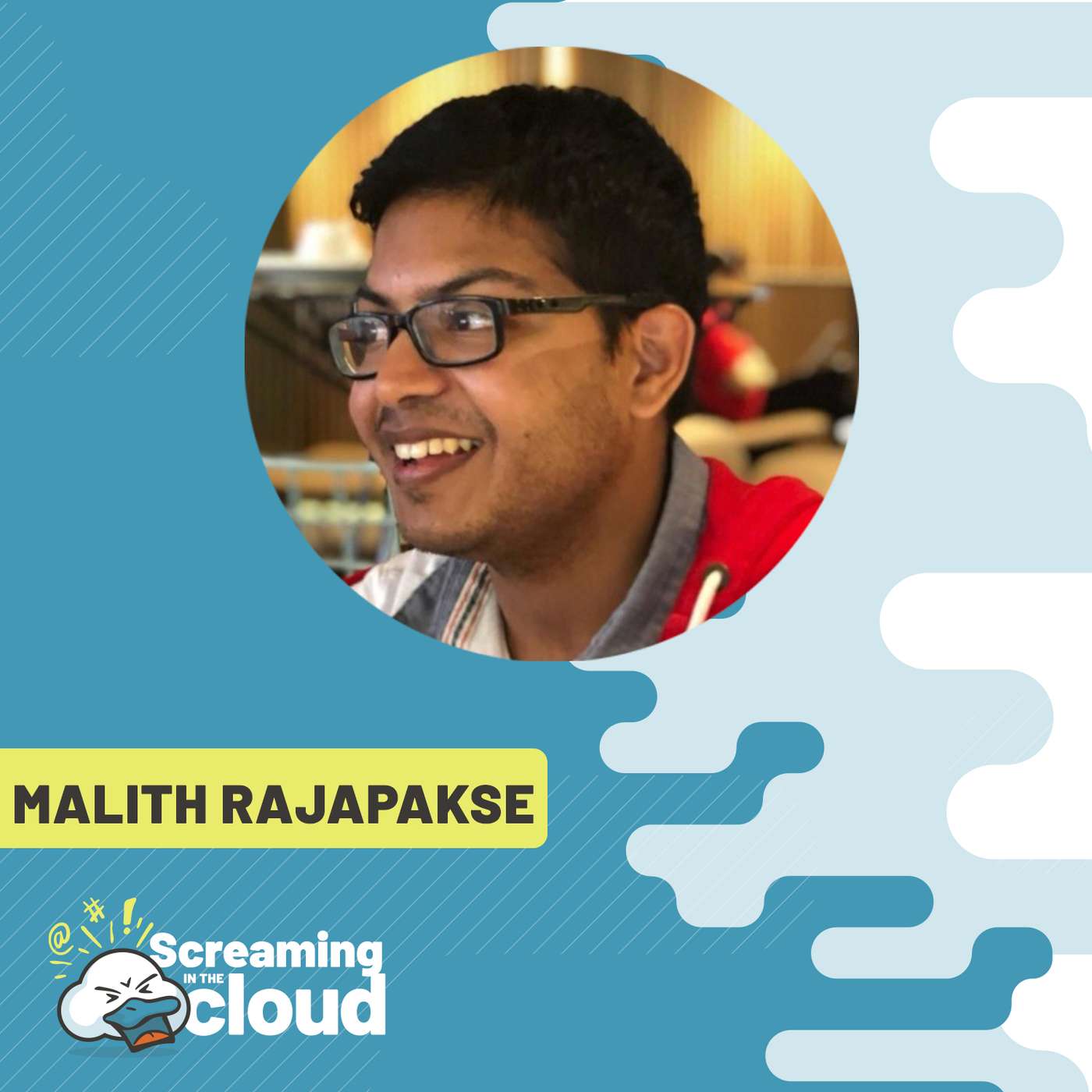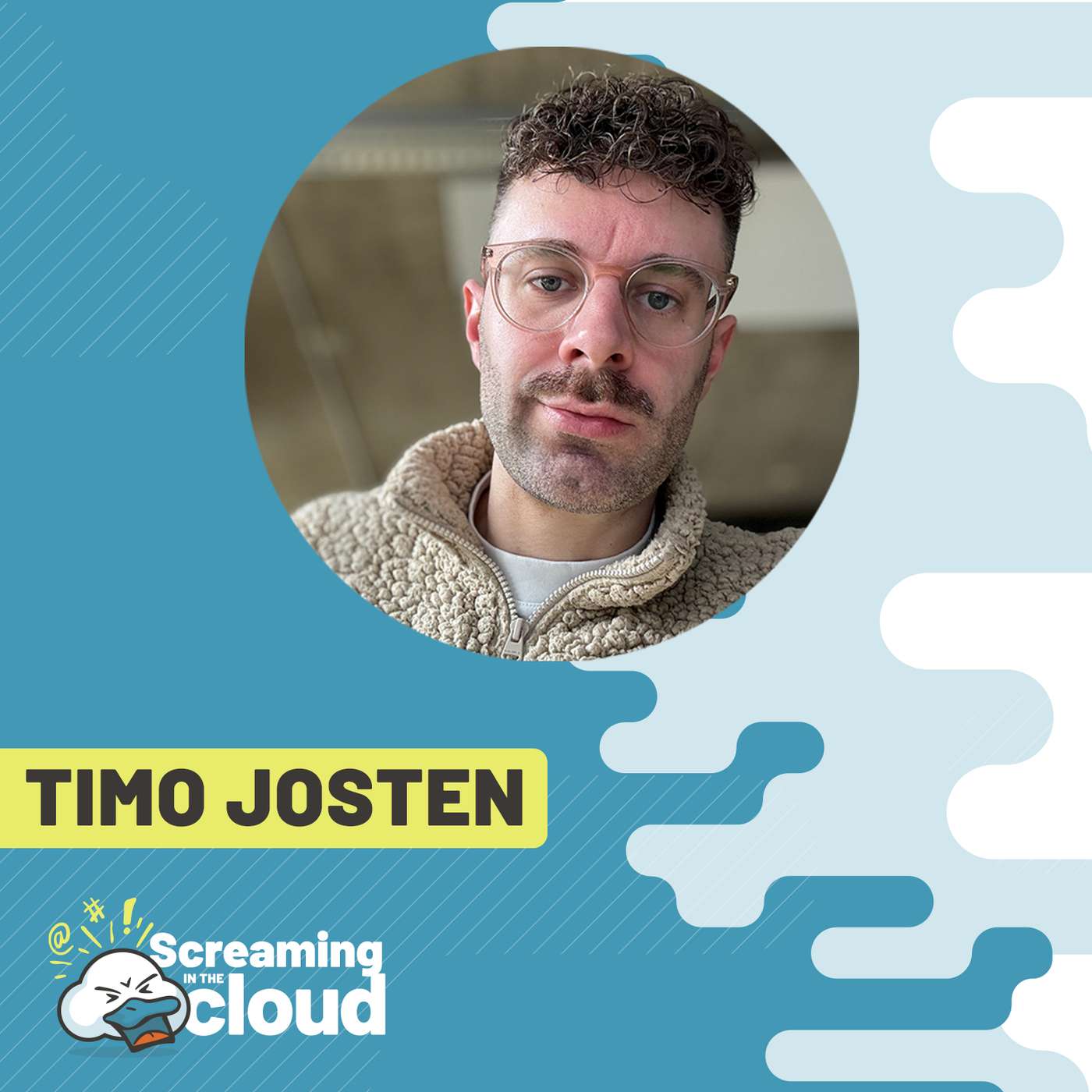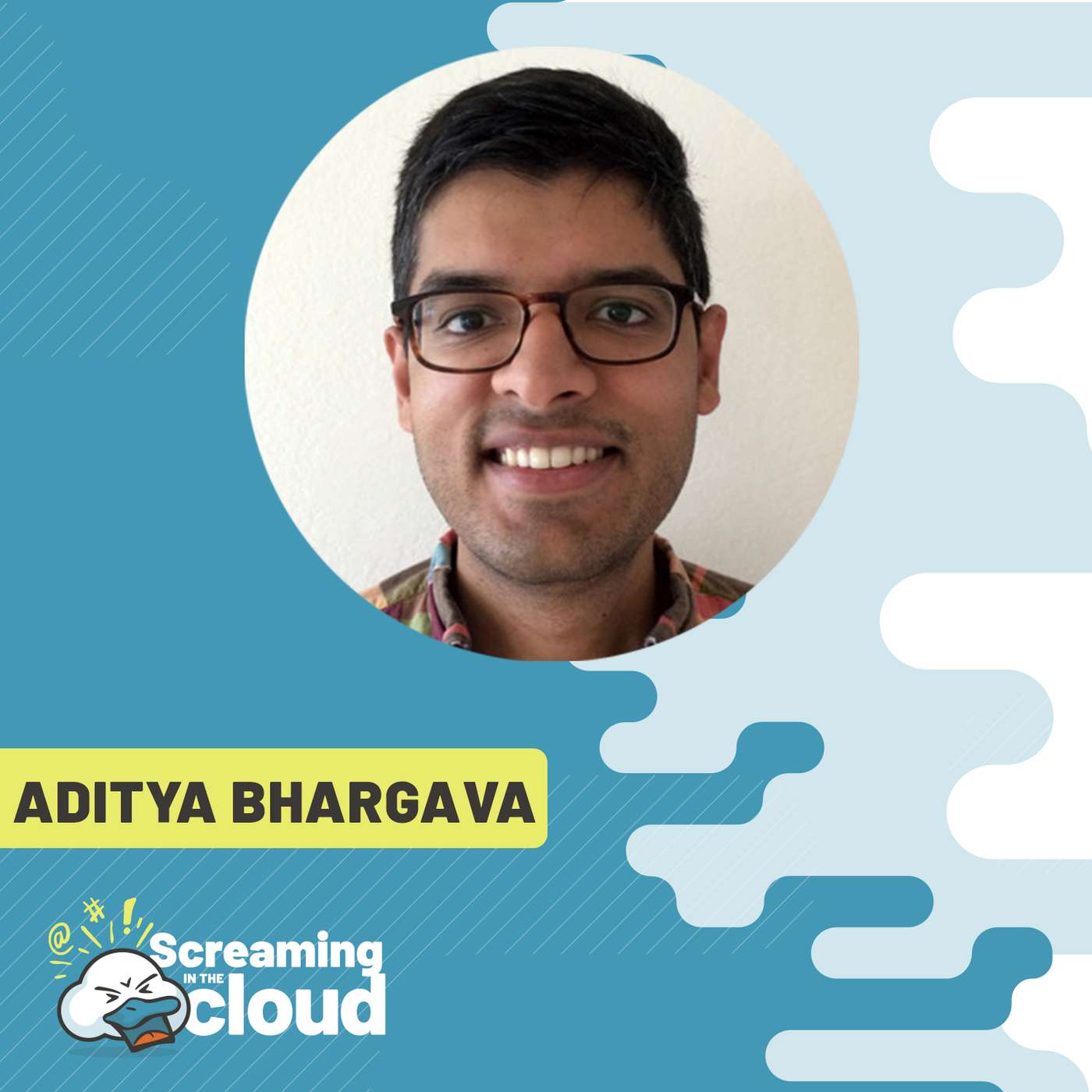How Redpanda Extracts Business Value from Data Events with Alex Gallego
Description
Alex Gallego, CEO & Founder of Redpanda, joins Corey on Screaming in the Cloud to discuss his experience founding and scaling a successful data streaming company over the past 4 years. Alex explains how it’s been a fun and humbling journey to go from being an engineer to being a founder, and how he’s built a team he trusts to hand the production off to. Corey and Alex discuss the benefits and various applications of Redpanda’s data streaming services, and Alex reveals why it was so important to him to focus on doing one thing really well when it comes to his product strategy. Alex also shares details on the Hack the Planet scholarship program he founded for individuals in underrepresented communities.
About Alex
Alex Gallego is the founder and CEO of Redpanda, the streaming data platform for developers. Alex has spent his career immersed in deeply technical environments, and is passionate about finding and building solutions to the challenges of modern data streaming. Prior to Redpanda, Alex was a principal engineer at Akamai, as well as co-founder and CTO of Concord.io, a high-performance stream-processing engine acquired by Akamai in 2016. He has also engineered software at Factset Research Systems, Forex Capital Markets and Yieldmo; and holds a bachelor’s degree in computer science and cryptography from NYU.
Links Referenced:
- Redpanda: https://redpanda.com/
- Twitter: https://twitter.com/emaxerrno
- Redpanda community Slack: https://redpandacommunity.slack.com/join/shared_invite/zt-1xq6m0ucj-nI41I7dXWB13aQ2iKBDvDw
- Hack The Planet Scholarship: https://redpanda.com/scholarship


